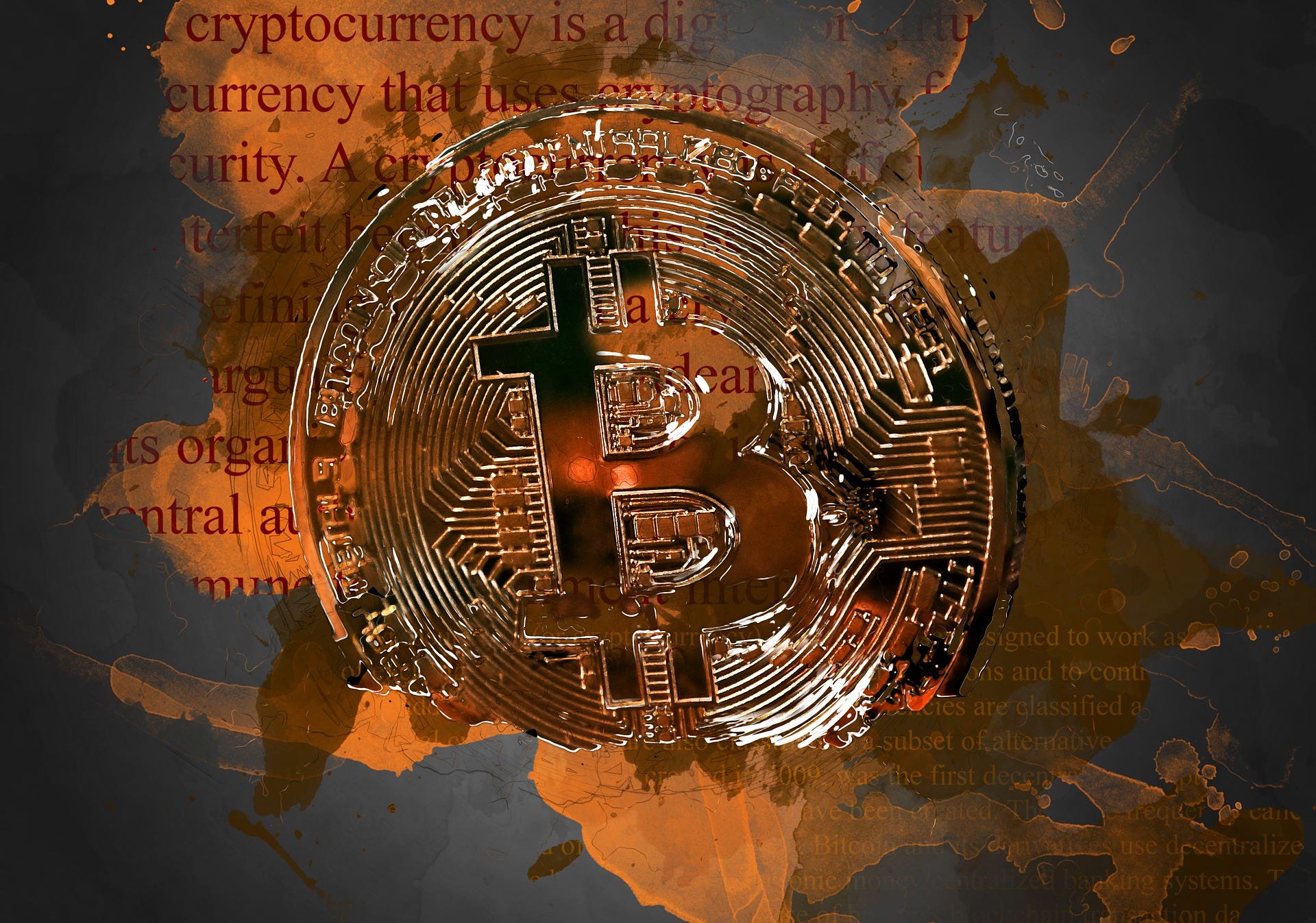PALO ALTO, Calif. (Reuters) - The Federal Reserve is looking at a broad variety of problems around digital payments and currencies, including policy, style and legal considerations around potentially providing its own digital currency, Governor Lael Brainard stated on Wednesday. Brainard's remarks suggest more openness to the possibility of a Fed-issued digital coin than in the past." By changing payments, digitalization has the possible to deliver higher worth and convenience at lower expense," Brainard said at a conference on payments at the Stanford Graduate School of Organization.
Central banks internationally are debating how to handle digital financing technology and caidenzdft144.lowescouponn.com/fedcoin-will-replace-the-paper-dollar-legacy-research the distributed journal systems used by bitcoin, which assures near-instantaneous payment at potentially low cost. The Fed is developing its own day-and-night real-time payments and settlement service and is currently evaluating 200 remark letters sent late last year about the suggested service's style and scope, Brainard stated.
Less than two years ago Brainard informed a conference in San Francisco that there is "no compelling showed need" for such a coin. However that was prior to the scope of Facebook's digital currency aspirations were commonly understood. Fed officials, consisting of Brainard, have actually raised issues about customer securities and information and personal privacy hazards that might be posed by a currency that could enter into use by the 3rd of the world's population that have Facebook accounts.
" We are working together with other central banks as we advance our understanding of reserve bank digital currencies," she stated. With more countries looking into releasing their own digital currencies, Brainard said, that contributes to "a set of factors to also be making certain that we are that frontier of both research study and policy development." In the United States, Brainard stated, problems that need study include whether a digital currency would make the payments system safer or easier, and whether it could posture monetary stability threats, consisting of the possibility of bank runs if money can be turned "with a single swipe" into the reserve bank's digital currency.

To counter the financial damage from America's unmatched nationwide lockdown, the Federal Reserve has taken unmatched steps, consisting of flooding the economy with dollars and investing directly in the economy. Most of these relocations received grudging acceptance even from lots of Fed skeptics, as they saw this stimulus as required and something only the Fed could do.
My brand-new CEI report, "Government-Run Payment Systems Are Hazardous at Any Speed: The Case Against Fedcoin and FedNow," information the dangers of the Fed's present plans for its FedNow real-time payment system, and proposals for main bank-issued cryptocurrency that have actually been dubbed Fedcoin or the "digital dollar." In my report, I talk about issues about privacy, data security, currency control, and crowding out private-sector competitors and innovation.
Advocates of FedNow and Fedcoin say the government must produce a system for payments to deposit instantly, rather than encourage such systems in the personal sector by lifting regulative barriers. But as kept in mind in the paper, the economic sector is supplying a relatively endless supply of payment technologies and digital currencies to resolve the problemto the extent it is a problemof the time gap between when a payment is sent out and when it is received in a checking account.
And the examples of private-sector development in this location are many. The Cleaning Home, a bank-held cooperative that has actually been routing interbank payments in different types for more than 150 years, has been clearing real-time payments considering that 2017. By the end of 2018 it was covering 50 percent of the deposit base in the U.S.